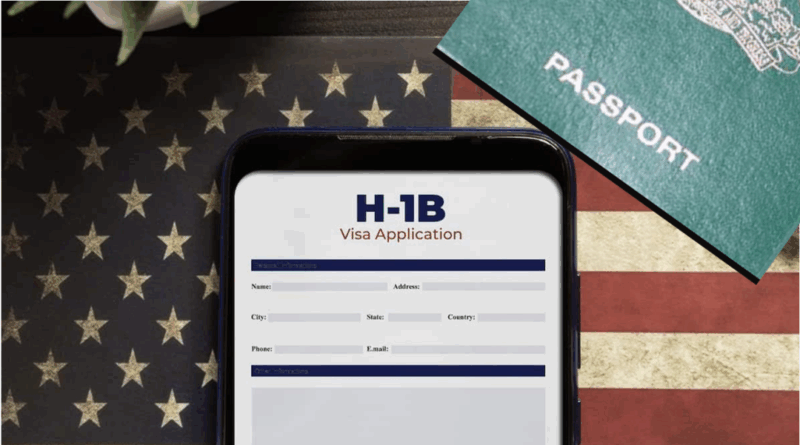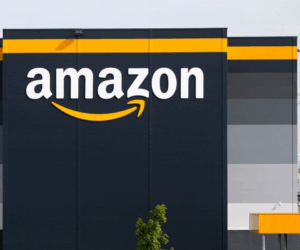U.S. President Donald Trump has announced a new rule that could shake up the American job market, especially for foreign professionals, including Nigerians seeking opportunities in the United States.
Under the policy, American companies that hire foreign workers through the H-1B visa program will now be required to pay $100,000 (about ₦150 million) per worker every year.
The H-1B visa is the main pathway used by U.S. firms to employ highly skilled foreigners in sectors such as technology, medicine, education, and engineering.
Tech Sector Hit Hard
Big tech companies like Microsoft, Amazon, and Google rely heavily on H-1B visa holders, many of whom come from countries like India, China, and Nigeria.
Industry experts warn that the new fee could discourage firms, especially smaller startups, from employing foreign workers, as the cost is simply too high.
Trump’s Justification
The Trump administration argues that the measure will force companies to “hire Americans first.” Officials insist the rule will reduce alleged abuse of the visa system, where foreign workers are sometimes hired at lower pay, affecting opportunities for U.S. citizens.
Legal and Economic Concerns
Critics say Trump may not have the legal authority to impose such a hefty fee through executive order, since visa charges are usually limited to processing costs.
They also warn that the policy could damage America’s ability to attract global talent and stifle innovation in key industries.
What it Means for Nigerians
For Nigerians in the tech industry, many of whom target the H-1B visa to pursue careers in the U.S. this development is a major setback.
The new fee may lead companies to cut down on foreign hires, or in some cases, push the extra costs onto workers themselves.
Industry analysts believe that while the biggest firms may absorb the cost, mid-sized and smaller businesses will likely scale back on hiring foreigners, reducing opportunities for Nigerians and other skilled professionals hoping to work in America.
Nigerians in Tech & Medicine Will Be Directly Affected
Many Nigerians working in tech, engineering, finance, and healthcare in the U.S. are on H-1B visas.
If their employers now have to pay $100,000 (about ₦150 million) per year for each H-1B worker, some companies may:
-
- Refuse to sponsor new Nigerians.
- Cut existing contracts short.
- Pass the cost to workers indirectly (e.g. lower salaries or fewer benefits).
New Applicants Will Face More Competition
Nigerians planning to relocate through H-1B (e.g. recent graduates, IT experts, or medical professionals) may find fewer opportunities.
Employers may prefer to hire Americans, unless the Nigerian applicant has very rare, high-demand skills that justify the huge fee.
Big Tech May Survive, Startups May Not
Companies like Google, Amazon, and Microsoft may still hire Nigerians because they have the money and need global talent.
But smaller companies or startups, which often give Nigerians their first U.S. job, may stop hiring foreigners altogether.
Impact on Nigerian Students in the U.S.
Many Nigerian students in the U.S. use the OPT program (Optional Practical Training) after graduation and later transition to H-1B.
With this new fee, the pathway from studying to working permanently in the U.S. will become much harder.
Possible Shift to Other Countries
Skilled Nigerians may start looking more seriously at Canada, the UK, Germany, or even remote jobs instead of the U.S.
Those countries are actively looking for foreign talent and may now benefit from America’s restrictions.
In summary:
- If you’re already in the U.S. on H-1B, your employer might reconsider your position.
- If you’re hoping to move, you’ll need exceptional skills, top qualifications, or a big company backing you.
- The U.S. may no longer be the easiest option for skilled Nigerians.








